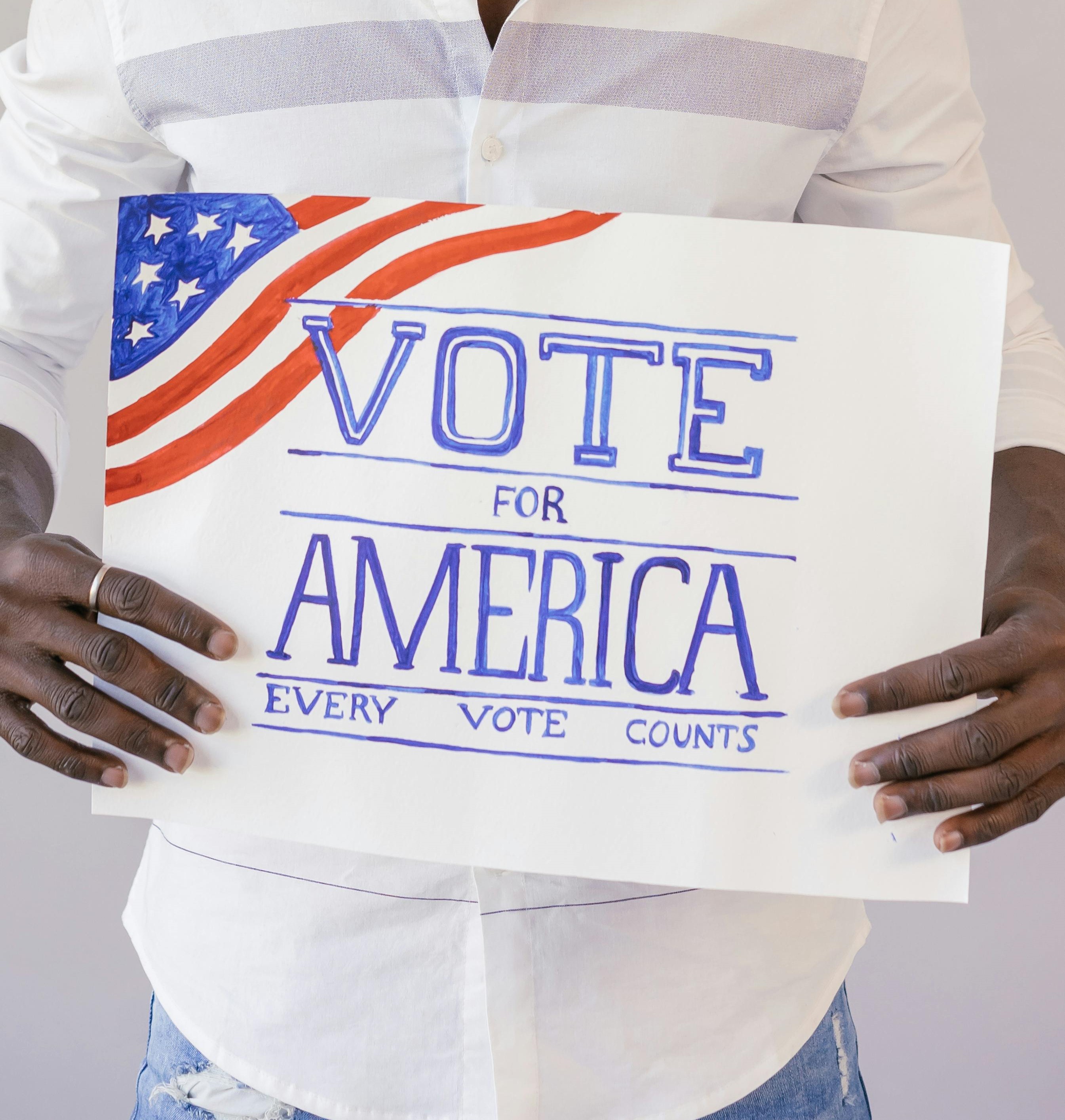
By Macy Meinhardt, Voice & Viewpoint Staff Writer
Statewide propositions addressing affordable housing, healthcare, wages, and drug policies—all of which are closely linked to homelessness—will be on the ballot for voters to decide on November 5th.
For the people actually experiencing homelessness, however, records show that only 10% of the nation’s estimated homeless population of 650,000 successfully cast their ballot in the last presidential election, based on the National Coalition for Homelessness.
“People experiencing homelessness feel the impact of our housing policies most acutely. Too often, however, people experiencing homelessness face barriers to making their voices heard in the democratic process,” The National Low Income Housing Coalition states.
For Black residents specifically, not only is this group overrepresented among the city’s homeless population, their voting turnout over the years has also decreased, creating a racial-gap that has consistently widened since 2012.
The fight for all citizens to have equal voting opportunities, regardless of race, gender, income, or property status is woven into the nation’s political history. The Voting Act of 1965 is a specific marker of this, and is considered to be the most impactful piece of civil rights legislation passed in America. Yet, the legacy of voting patterns “aimed at keeping the vote out of the hands of African Americans” still exists today.
People who identify as Black made up just 13 percent of the total U.S. population, but compromised 37 percent of all people experiencing homelessness. Black San Diegans make up six percent of the city’s population, yet represent 20 percent of the city’s homeless demographics.
Several factors contribute to low voter turnout among homeless individuals and minorities. In many cases it is a lack of education and outreach to people in the streets and shelters on the “‘who, what, when, and where” of an election.
“When you think about it as a hierarchy of needs, it is hard to get them interested in the election when they are worried about where they are going to sleep and what they are going to eat,” said Jessi Grey, who serves as a Lived Experience Advisor (LEA).
As a part of their mission to encourage informed and active participation in government for all, the San Diego County League of Women’s Voters has been in partnership with Father Joe’s Day Center in Downtown to host registration clinics.
“You have to go where people are to make registering accessible to people and spend time assisting them. Unhoused people want to vote just like other citizens,” said Sarah O’Leary, a LWV leader.
The idea that one needs a permanent address or licensed ID for the state of California is a common misconception preventing homeless individuals from voting.
“Many unhoused individuals don’t think they can vote because they don’t have a home. We explain to them that they can list streets where they tend to stay and that they can receive a ballot at the place they receive mail” said Greta Kaas-Lent, a LWV member who also worked at the registration clinics.
Shelter facilities, such as Father Joe’s Day Center, offer a PO box for clients, providing a secure location in which they can receive their ballots.
Efforts elsewhere within the county appear nimble however. As of press time, San Diego Voice & Viewpoint has made multiple attempts to get in contact with the Registrar of Voters to see if they have made any efforts or partnerships to address low homeless voter turnout, to no response.
Voice & Viewpoint also got into contact with San Diego Urban League, who shared that while they are making efforts to get folks registered, initiatives targeting homeless individuals specifically are not being made at this time, while they concur that there should be.
However, California’s Secretary of State’s Office offers specific guidelines for unhoused voters in their “Voters Experiencing Homelessness Fact Sheet” with multiple pathways to voting.
Key information to know from this guideline includes:
- In California, people experiencing homelessness can register to vote if they meet the standard eligibility requirements, such as being a U.S. citizen, a state resident, and at least 18 years old.
- A street address is not required for registration; individuals can describe where they spend most of their time.
- While ID is generally not necessary for registering, voters may need to show it if they’re voting for the first time in a federal election. Voters can also provide the last four digits of their social security number.
- Providing an address where mail can be received, like a P.O. box or trusted location, helps with voting by mail.
To access more information for voting resources visit: sdvote.com and sos.ca.gov/elections
What are your thoughts on the upcoming election? We would love to hear from you! Take our Black Voter survey at www.sdvoice.info today!



